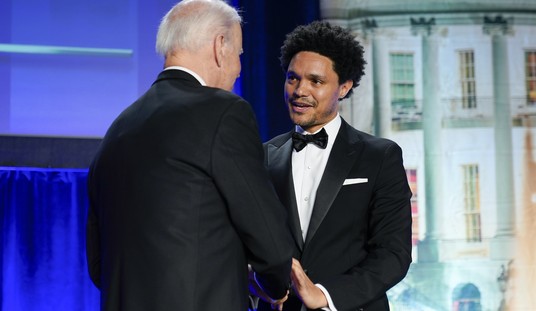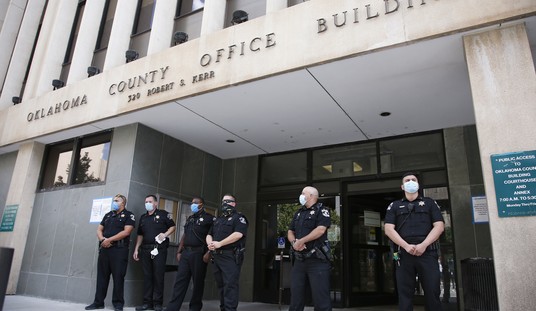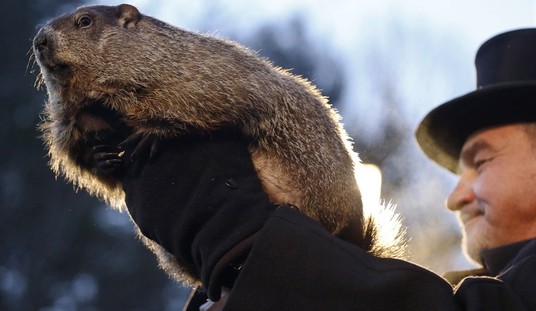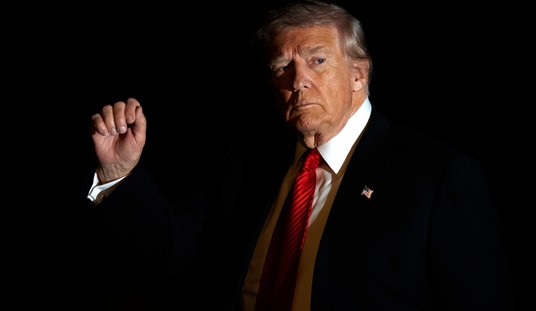Here we are again, following two mass shootings over the weekend, trying as a nation to make sense of senseless killing. And of course the debate over guns — specifically their availability to those broken enough to open fire in a Walmart (as in El, Paso, Texas) or kill their own sister (as in Dayton, Ohio). But this time there’s an added element of confusion that might just make us, for the first time in a long time, able to see a bit clearly about the issue of mass killings with firearms that won’t force us to trample the 2nd Amendment or misapply blame to an entire community of people with mental illness.
That confusion, which led in the immediate to a disturbing lack of empathy and a heightened level of vitriol, may in the long term lead us to answers. Because the killers, except that they were both white (giving the side screaming that the white nationalists are to blame the best platform), looked nothing alike.
They were political opposites (or least opposite enough in the surface stuff) that neither political side could blame the other very easily. Which is why President Trump talked about something besides just policy and legislation in his address Monday morning from the White House.
Culture. And the ways our modern behavior — technology, a rejection of values, etc. — are increasing the distances between us.
We have a culture problem. We are a Black Mirror episode come to life. But it’s more than that, too.
An exchange on Twitter (proving that social media has its good side as well as its echo chamber of hatred) said a great deal about what’s happening to us.
I feel like the dissolution of community is the #1 social issue of our generation.
Bad behavior (especially from men) can be severely reduced with social guardrails.
Young men need challenges, mentors, expectations. They respond poignantly to pride, shame, and respect.— PoliMath (@politicalmath) August 5, 2019
I wish I could find it, but I read something a couple years ago about how a lot of online communities are actually anti-communities. That stuck with me.
— PoliMath (@politicalmath) August 5, 2019
The concept of anti-communities sticks with me, too. Groups with no soul, who form just to complain and share their misery. It’s the weaponization of the soulless before they remember they’re human or before anyone can reach them to help.
And there’s no doubt they’re aided along by internet radicalization. 8chan has become the designated criminal (and maybe it should be) as a place where the soulless go to encourage each other. And the internet is noticing and acting accordingly. A good thing we hopefully see more of as we debate free speech and government regulation of online behavior.
Cloudflare chose to self govern. That’s the only real option if we want to maintain a open and free internet/nation.
— [placeholder name] (@BoydRBurke) August 5, 2019
But it’s more than that, too.
This LA Times op-ed was edifying in its look at the commonalities among mass shooters. They mention the fact that the shooters all had access to their weapons (prompting, of course, the discussion of how to keep the mentally ill away from firearms), that they all sought approval from their anti-communities and were radicalized to an extent by these online communities, and how they had all reached a crisis point.
But it’s more than that, too. Because they had almost all been subject in some way to violence at an early age. And that speaks to a rot maybe we can address.
This survey from back in April of 2019 shows that those claiming no religious affiliation topped the list of religious preferences among Americans, and that more and more Americans are simply rejecting organized religion of any kind.
Faith in something trumps anti-communities every time. Perhaps someone will point out that one of the shooters may have been a Satanist so he had faith of a kind. But faith in evil is worse than no faith at all, and may, in fact, be the same thing.
The long and short of it is we have become a nation of lost sheep and we’d rather blame anything and everything — guns, video games, mental health, medications, politics — than the shooters who deserve the blame and the culture we’ve allowed to flourish that encourages them toward hopelessness.
And I’m sure it’s more than that, too.
Maybe creating a culture of death where innocent babies are labeled as “clumps of cells” is a part of the problem.
— Federalist Musket🇺🇸 (@Patriot_Musket) August 5, 2019














Join the conversation as a VIP Member